detail profile ol c3 a9o

Info Pribadi
Peran Yang Di Mainkan Oléo
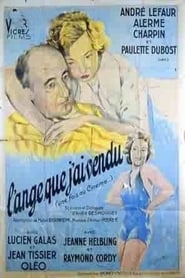 Baronski has had enough of being...
Baronski has had enough of being...L'ange que j'ai vendu 1938
Baronski has had enough of being a small-time merchant and decides, aided by his daughter Esther, to try his hand at big business. Why not be a film producer for instance? But it is easier said than done and he is soon relieved of 100,000 francs by a crook. Undaunted, he produces a film written by a young scriptwriter, Maurice Rogier, discovered by his daughter but does not believe it could become a success. Esther, for her part, decides to have "L'ange que j'ai vendu" shown in a local movie theater and the film immediately proves a hit. All is well that ends well, Esther marrying Maurice into the bargain.
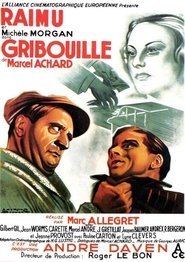 Camille Morestan serves as a jury...
Camille Morestan serves as a jury...Gribouille 1937
Camille Morestan serves as a jury member at a court in Paris. The attractive Natalie Roguin is accused of murder. Morestan doesn't want to believe she really killed her lover. He succeeds in convincing the other jury members she was innocent. After her acquittal he takes her into his house. While he tries to keep her identity a secret for his family her presence leads to a number of unfortunate incidents.
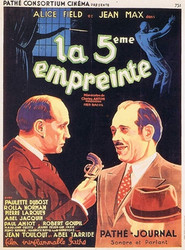 Jacques de Nisson a rich man...
Jacques de Nisson a rich man...La cinquième empreinte 1934
Jacques de Nisson, a rich man, has a new mistress, Lucie Cavelier. Which does not prevent him from courting Florence, the wife of his lawyer friend Forestier. One day, Jacques is found murdered and chief-inspector Candély is sent on the spot to investigate. Jean, the victim's butler, Lucie as well as Florence are suspected in turns but the real murderer is finally identified thanks to his fingerprints.
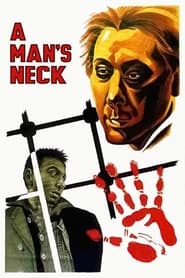 Willy Ferrire is a gambler living...
Willy Ferrire is a gambler living...A Man's Neck 1933
Willy Ferrière is a gambler living beyond his means, and his mistress is as greedy as he's dead broke. One day, he says out of loud in a a Montparnasse café that he would give 100,000 francs to get rid of his wealthy aunt so he could claim his inheritance. Someone secretly lets Willy know it's a deal. The old lady is murdered, and a low-life criminal is manipulated to be the perfect suspect. But Superintendant Maigret feels something is wrong.
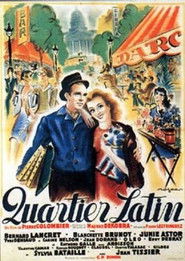 A wealthy banker bored with his...
A wealthy banker bored with his...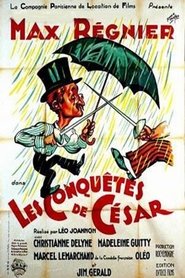 For still being a bachelor at...
For still being a bachelor at...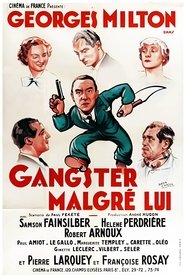 The crazy adventures of a character...
The crazy adventures of a character...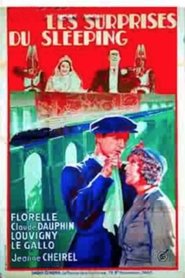 Prince Philippe of Bracowa must join...
Prince Philippe of Bracowa must join...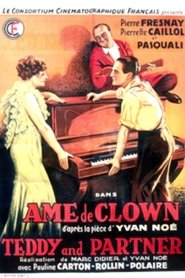 Suzette and Jack form a very...
Suzette and Jack form a very...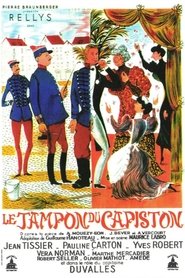 Cochu a simple soldier is mistakenly...
Cochu a simple soldier is mistakenly...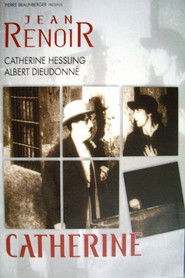 About the conflict between social classes...
About the conflict between social classes...